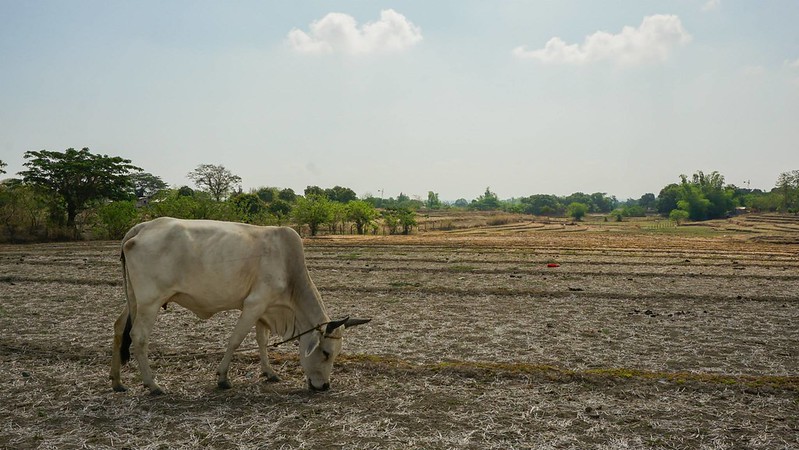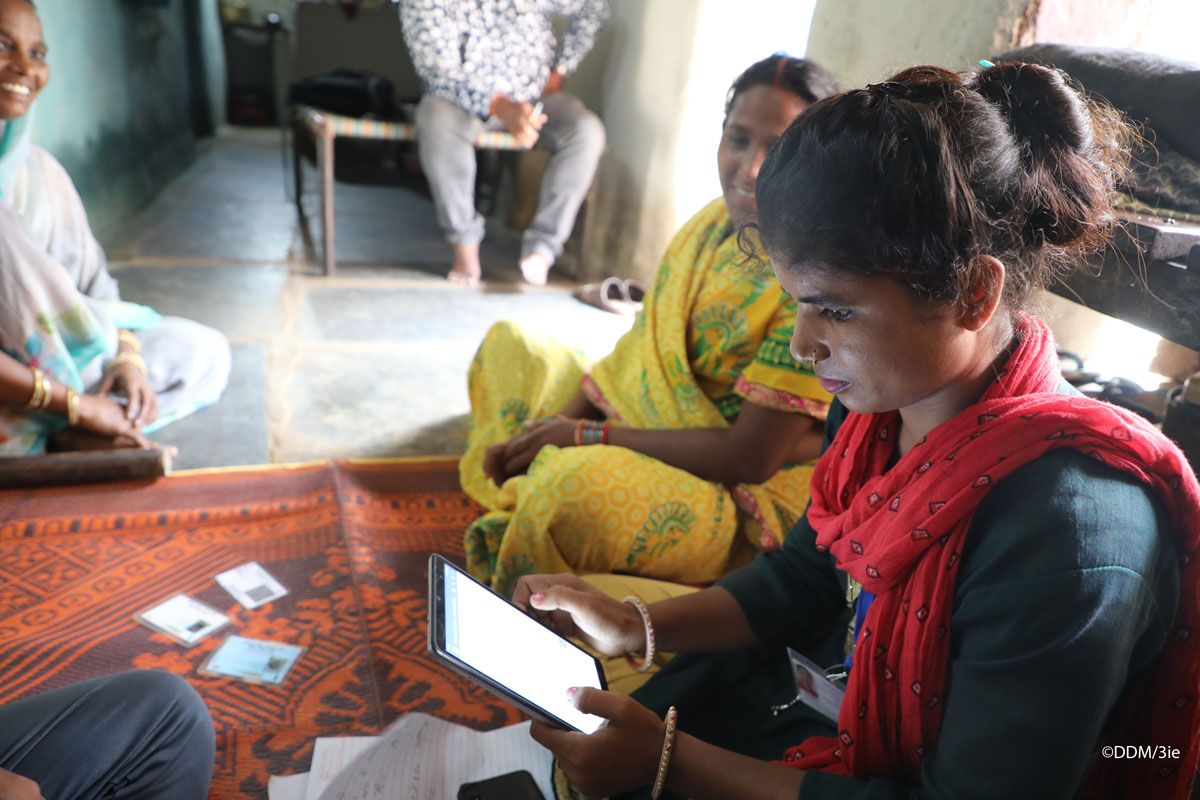Youth transitions from learning to earning continue to pose a global challenge
In 2025, the ILO estimated that one in five young people (aged 15-24) worldwide remain not in education, employment or training (NEET). Young women are especially affected, with global rates more than twice as high as those for young men. The challenge is not only severe in low- and middle-income countries but also in high-income settings. These reflect persistent barriers to entering the labour market, particularly for young women, migrants, and those with lower levels of formal education, pointing to the need for context-specific, evidence-based solutions.
The learning-to-earning transition—the shift from education or training into the workforce—requires support beyond basic education. In many contexts, even as educational attainment rises, labour market entry can remain limited. One promising approach is technical and vocational education and training (TVET) and skills programs, which can help young people gain the skills needed to get a job.
Partnering to improve evidence on TVET and skills program
TVET and skills programs hold promise, but current evidence on their effectiveness is unclear and difficult to navigate. To address this, the Foreign, Commonwealth and Development Office (FCDO) has partnered with 3ie on the first phase of an evidence mapping and evidence synthesis initiative.
Our work will be in three phases:
- Building a framework and partnerships
- Mapping existing evidence
- Identifying what works and what is cost-effective through best buys
This blog marks the release of our framework report, the key result from phase one. The report shows how we developed a framework to better understand TVET and skills interventions (i.e., policies, programs and projects) – what they aim to do and how they work. We shaped it through consultations with FCDO, academic experts and other interest holders in the sector.
Framework summary – what it covers
Our framework provides a broad view of interventions that support the transition from learning to earning. It looks not only at how TVET and skills programs are delivered, but also whether they are accessible to different groups, aligned with labour market needs, and delivered with high quality.
We focused on supply-side interventions, those that help young people build skills and get ready for work, such as training, education, and career guidance. While there are also demand-side interventions that aim to create more job opportunities (for example, by supporting employers or improving labour market policies), these are outside the scope of this work. A similar framework could be developed in the future to explore those demand-side interventions as well.
The figure below outlines our framework at a high level. The full report includes definitions and more details on specific interventions and outcomes.

Get involved! Learn more and share your feedback.
If you are working in the TVET and skills space, this is an opportunity to help ensure the framework reflects relevant programs and meets the needs of the sector. Join 3ie and FCDO’s public webinar on 25 June (Wed), 2025 to learn more about the newly launched framework, see how it can support your work, and share your feedback to make it stronger. Register here.
About the partnership This collaboration is led by the Foreign, Commonwealth and Development Office (FCDO) and the International Initiative for Impact Evaluation (3ie). The partnership aims to strengthen the evidence base around technical and vocational education and training (TVET) and skills programs, with a focus on improving youth transitions from learning to earning. This work is part of FCDO and 3ie’s broader commitment to evidence-informed development and education policy. For more information, please contact Cem Yavuz at cyavuz@3ieimpact.org. |











